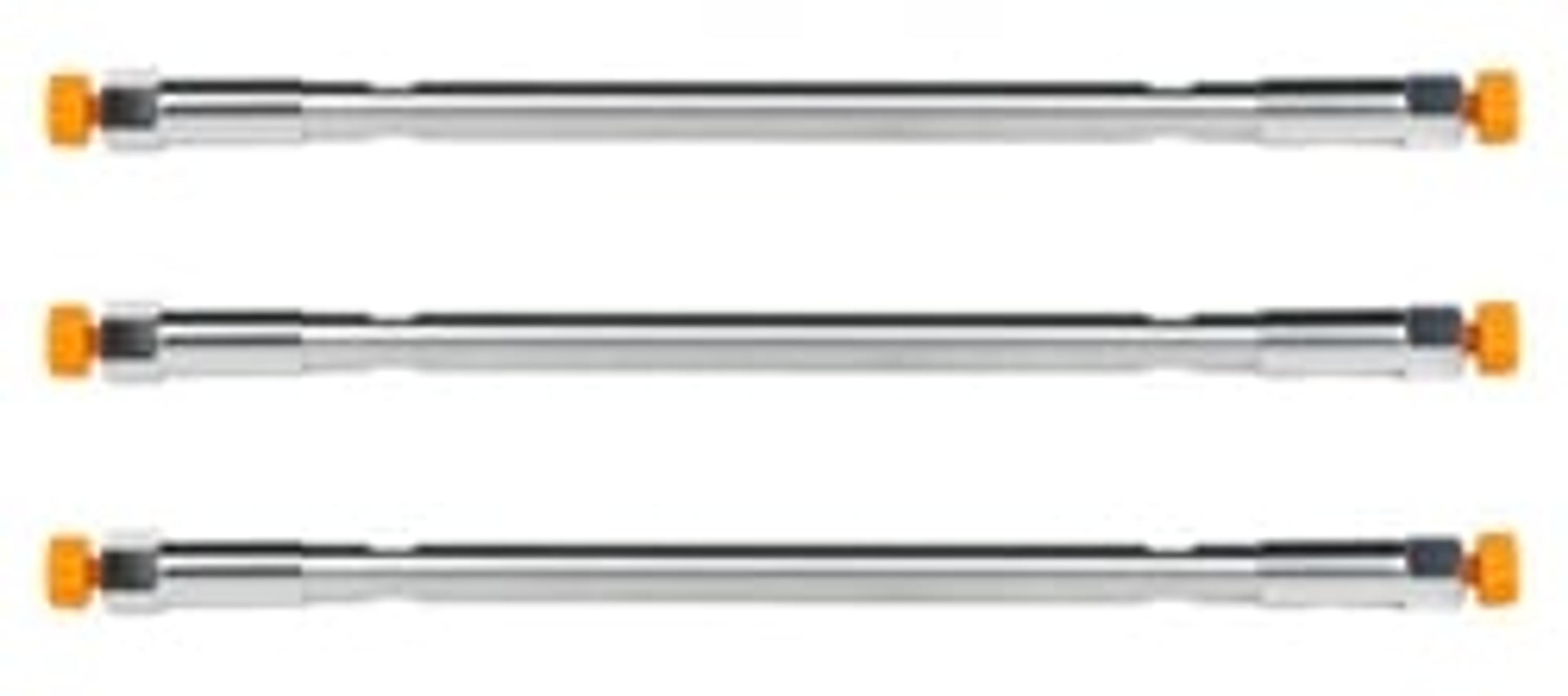Diamond Analytics Launches Industry’s First Diamond-Based Core-Shell HPLC Column
24 Apr 2014
Diamond Analytics introduces an innovative column support material that provides unique selectivity and can operate at extreme pH and temperature conditions for successful methods development and method validation.
Diamond Analytics, a pioneer in diamond-based core-shell column technology, today announced the release of a new line of High Performance Liquid Chromatography (HPLC) columns. Diamond Analytics FLARE columns offer unique selectivity and expand the existing range of analytical capabilities in separation science using diamond-based technology, which allows for research into new areas of HPLC methods development.
Diamond Analytics FLARE columns are based on a porous nano-diamond core shell support. The column provides a unique stationary phase that will permit lab scientists and technicians in industries like pharmaceutical, environmental, biomedical, forensics, and food safety to perform a number of separations not possible on a standard silica column.
The FLARE diamond core-shell particles are composed of a solid, spherical carbon core and a functionalized porous nano-diamond shell. The composite material utilizes nano-diamond—the world’s hardest material—to create a permeable, but extremely stable, particle that can tolerate high temperatures and extreme pH separation conditions. Nano-diamonds also have a much higher thermal conductivity when compared to silica. This breakthrough material offers a new standard in liquid chromatography performance, offering a powerful tool for difficult separations when compared to more traditional columns currently available on the market.
“Each year scientists synthesize new compounds that require extensive qualitative and quantitative analysis. Many are looking for HPLC columns that can separate a wide range of analytes and can offer complementary selectivity compared with other phases. They need columns that will perform separations over a wide pH range and can exhibit excellent column-to-column reproducibility,“ said Milton Lee, Brigham Young University. “Breakthroughs in diamond core-shell technology could provide a unique tool to expand analytical capabilities in separation science. Scientists can now leverage the differentiating aspects of the FLARE column to improve their analyses.”
FLARE Column Technology. Diamond Analytics offers these columns in a diverse array of established configurations and in customized configurations to address the unique separation needs of each customer. The durability of the diamond support material provides significant versatility in analysis, and delivers selectivity advantages where these conditions are required for separation.
FLARE Column Phases
FLARE columns are initially available in C18 Mixed Mode (MM), C18+, and HILIC-based chemistries:
- FLARE C18 MM — operates primarily in a reversed-phase and weak anion exchange mode depending on the pH of the mobile phase. At low to medium pH, the column is ideal for the analysis of neutral compounds and acids. At high pH, the column is suitable for the analysis of acids, bases, and neutral compounds with good peak shape.
- FLARE C18+ — operates primarily in a reversed-phase and strong anion exchange mode. The column exhibits a permanent positive charge regardless of the pH of the mobile phase. Optimal use of the column is for the analysis of neutral molecules, polar molecules, and negatively charged polar moieties.
- FLARE HILIC — has an amino-diol functionalized hydrophilic surface and is capable of retaining highly polar molecules in high organic mobile phases at various pH conditions. Some possible applications for this phase include separation of nucleobases and nucleotides, sugars, beta blockers, polar active pharmaceutical ingredients, etc.
“HPLC columns have always been an essential tool for research and discovery in areas of drug development, environmental protection, food safety, and in many other disciplines of scientific analysis,” explains Andrew Dadson, general manager at Diamond Analytics. “Diamond core-shell technology improves the platform of selectivity for scientific research and discovery—giving lab scientists and technicians a new tool to separate compounds they have never been able to separate in the past.”
As a result of breakthroughs in diamond technology, Diamond Analytics FLARE columns offer an expanded pH range (1-13), elevated temperature capabilities (up to 100 °C), increased longevity and novel selectivity, without compromising efficiency. The proprietary layer-by-layer manufacturing process employed by Diamond Analytics ensures consistent batch-to-batch and column-to-column reproducibility. Diamond Analytics extensive research in diamond technology has resulted in a number of patents and scientific publications. The FLARE column has high loading capacity compared to other core-shell particles due to its unique particle configuration.
About Diamond Analytics
Diamond Analytics, a US Synthetic company, was founded in 2006 as a result of research with Brigham Young University. Diamond Analytics expands the existing range of analytical capabilities in separation science by providing diamond-based solutions that allow for the exploration of novel chemistries. As a result of breakthroughs in diamond technology, Diamond Analytics High Performance Liquid Chromatography (HPLC) columns offer expanded pH range capability (2-13), elevated temperature ranges, increased longevity and novel selectivity, without compromising efficiency. Diamond Analytics offers the most innovative technologies in HPLC columns that provide orthogonal selectivity relative to commercial silica particles. The support material is as efficient as it is robust and durable. For more information visit the company website link below.

